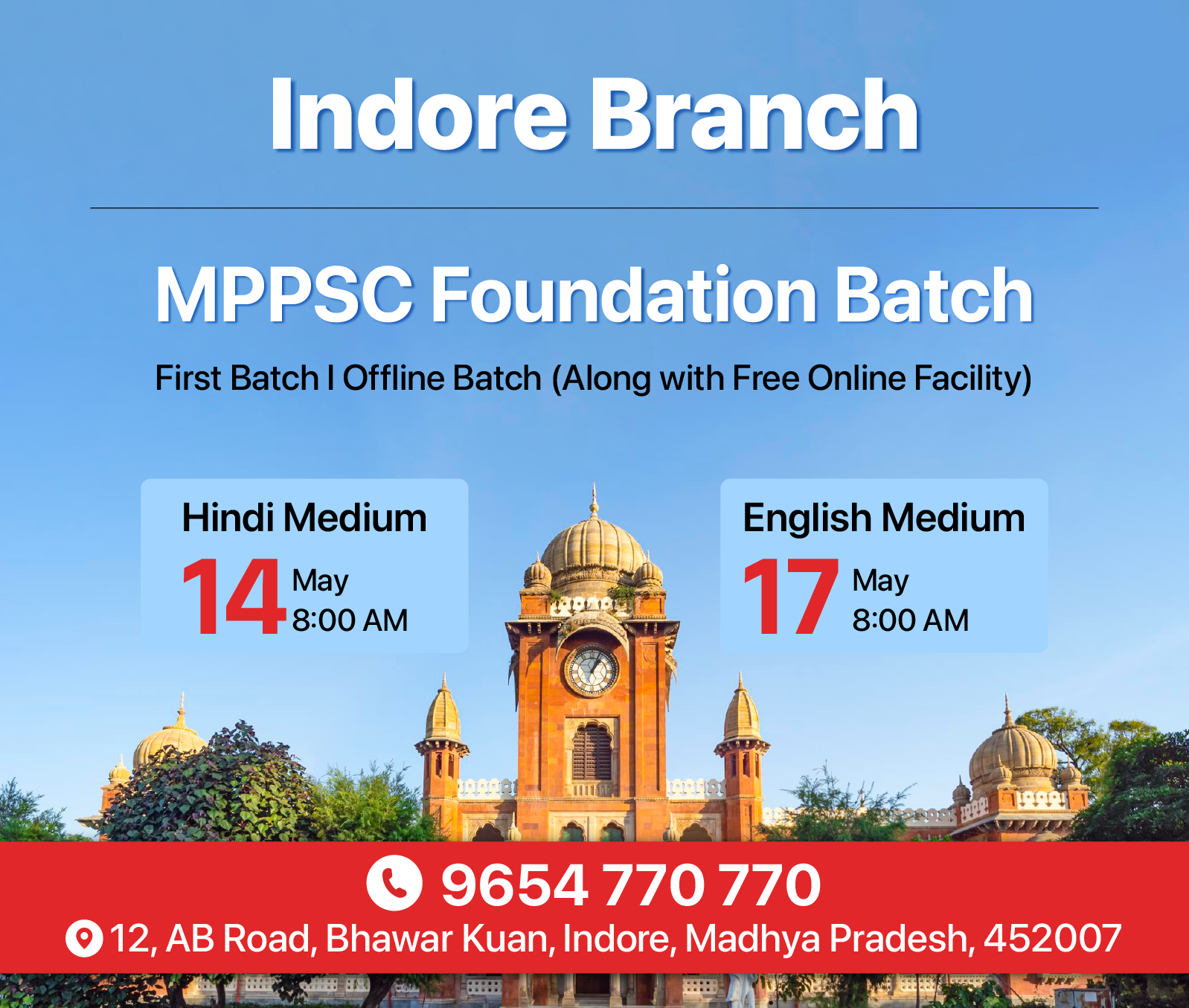Madhya Pradesh Switch to Hindi
ASI Submits Bhojshala Survey Report
Why in News?
Recently, The Archaeological Survey of India (ASI) submitted its scientific survey report of the disputed Bhojshala-Kamal-Maula mosque complex to the Indore bench of the Madhya Pradesh High Court.
Key Points
- As per the sources, the report contains traces of medieval- era structure dating to the Paramara dynasty/ period (between 9th and 11th century). The site was built and developed by Raja Bhoj in Dhar district.
- The survey, which spanned nearly 98 days, uncovered approximately 1700 relics and other evidence.
- The carvings discovered encompassed a diverse array of images, including desecrated idols of deities, artifacts, and other remnants (human and animal figures).
- The report implies that the existing structure at Bhojshala was originally a temple and also served as a hub of literary and educational activities.
- The Hindu community regards Bhojshala as a temple dedicated to Vagdevi (Goddess Saraswati), whereas the Muslim community refers to it as Kamal Maula Mosque.
Archaeological Survey of India (ASI)
- ASI, under the Ministry of Culture, is the premier organization for the archaeological research and protection of the cultural heritage of the nation.
- It administers more than 3650 ancient monuments, archaeological sites, and remains of national importance.
- Its activities include carrying out surveys of antiquarian remains, exploration and excavation of archaeological sites, conservation and maintenance of protected monuments, etc.
- It was founded in 1861 by Alexander Cunningham, the first Director-General of ASI. Alexander Cunningham is also known as the “Father of Indian Archaeology”.




.png)








.png)


.jpg)



 PCS Parikshan
PCS Parikshan

